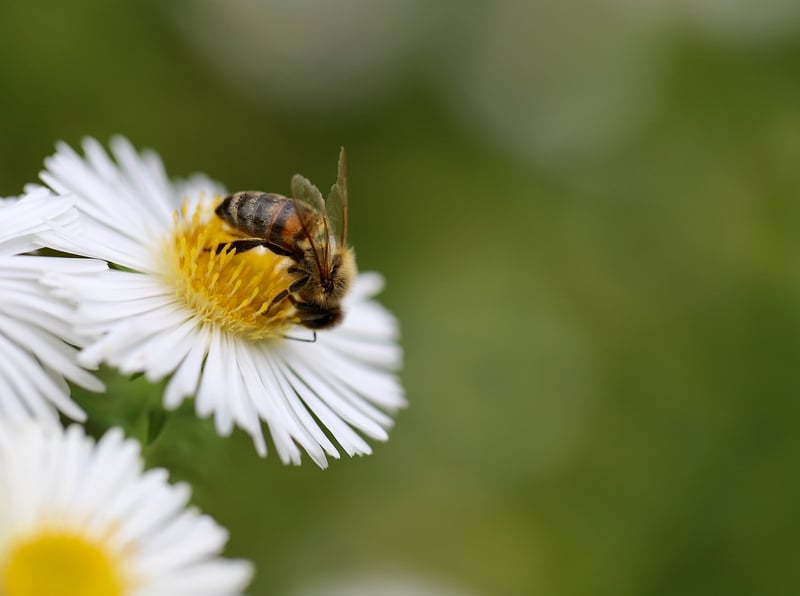Pollinator Support
Embracing Eco-Friendly Practices to Support Pollinators
As our world continues to grapple with environmental challenges, it has become increasingly crucial for individuals and communities to adopt sustainable practices that not only benefit the planet but also support essential ecosystems. One such practice is creating a pollinator-friendly environment to protect and nurture the vital creatures that play a significant role in our food production and ecosystem health.
The Importance of Pollinators
Pollinators, including bees, butterflies, birds, and other insects, are responsible for pollinating over 75% of flowering plants and nearly 35% of global food crops. Without these pollinators, many of the foods we rely on, such as fruits, nuts, and vegetables, would not be able to reproduce, leading to a decline in biodiversity and food scarcity.
How You Can Help
There are several ways individuals can contribute to creating a pollinator-friendly environment:
- Plant Native Flowers: Native plants provide essential nectar and pollen for pollinators. Choose a variety of flowers that bloom at different times to ensure a continuous food source.
- Avoid Pesticides: Chemical pesticides can be harmful to pollinators. Opt for natural pest control methods or select pollinator-safe products.
- Provide Water Sources: Pollinators need water, especially during hot weather. Create shallow water sources like a birdbath with rocks for them to land on.
- Support Habitat Diversity: Maintain a diverse landscape with a mix of flowering plants, trees, and shrubs to attract a wide range of pollinators.
Embracing Eco-Friendly Practices
Supporting pollinators goes hand in hand with adopting eco-friendly practices that benefit the environment as a whole. By reducing your carbon footprint, conserving water, and minimizing waste, you can create a more sustainable lifestyle that positively impacts pollinators and other wildlife.
Conclusion
Creating a pollinator-friendly environment is not only beneficial for the survival of essential species but also contributes to a healthier ecosystem for all living organisms. By incorporating eco-friendly practices into your daily life and making conscious choices that prioritize the well-being of pollinators, you can play a significant role in preserving biodiversity and safeguarding our food supply for future generations.

Image source: Pixabay
